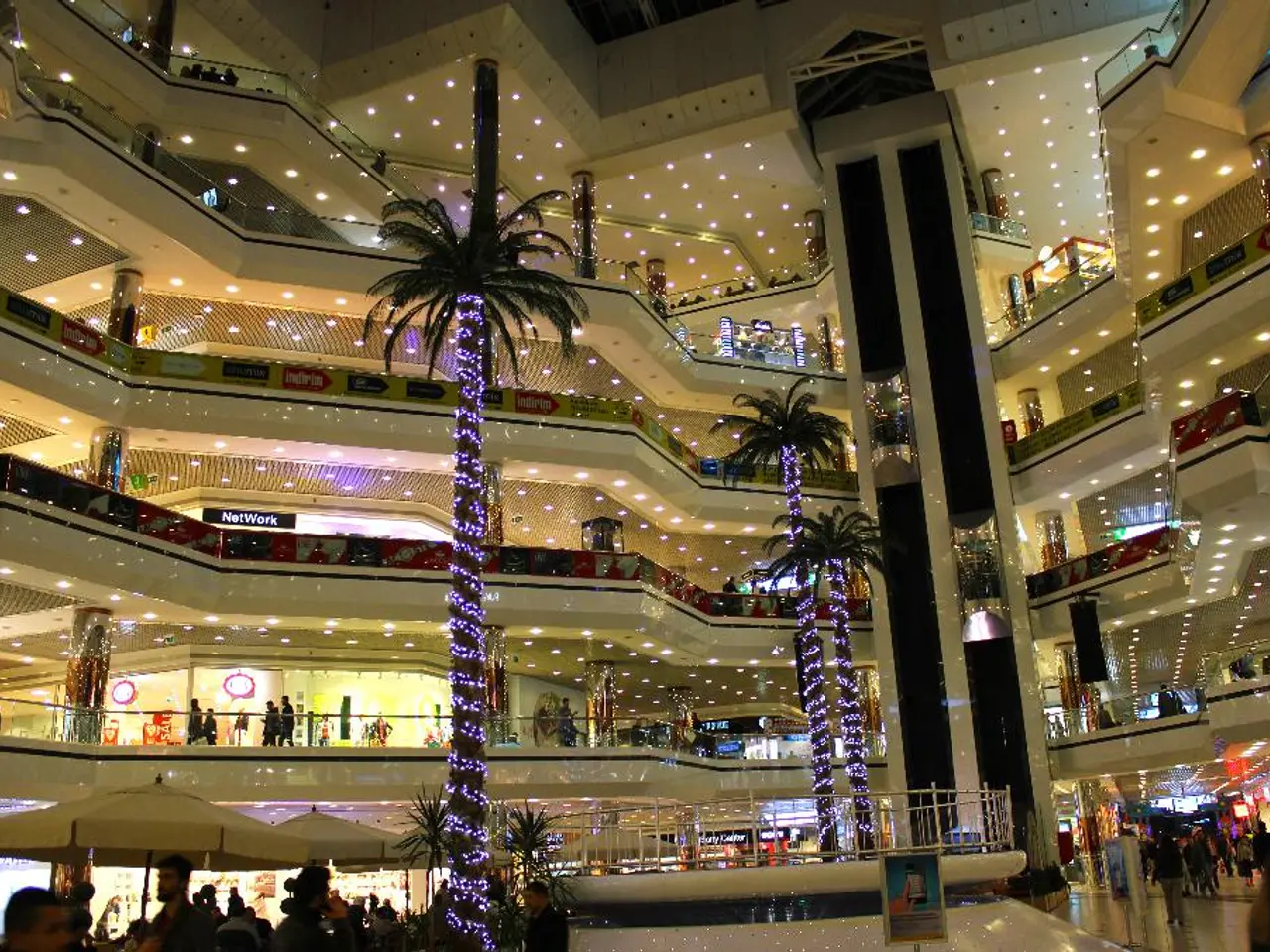Croatian eateries witness surge in customer volume and financial gains
Date: July 4th, 2025
Croatia's inflation rate has risen to 3.7% year-over-year in June 2025, marking a slight acceleration in consumer price growth compared to May's 3.5%. This places Croatia among the Eurozone countries experiencing the highest inflation, surpassed only by Estonia and Slovakia [1][2].
Key drivers of this inflation include a 6.7% annual increase in service prices, a 5.2% rise in food, beverages, and tobacco prices, and a 3% increase in energy costs [2]. On a monthly basis, consumer prices grew by 0.3% in June, with service prices climbing 1.0% [1].
The hospitality sector is significantly affected by this inflation trend, as it heavily depends on services and food prices, both of which have increased notably. The 6.7% year-on-year rise in service costs reflects higher operating expenses for hospitality businesses, including accommodation, dining, and entertainment services. Additionally, the 5.2% increase in food and beverage prices raises costs for restaurants and hotels.
These inflationary pressures can lead to higher prices for consumers, potentially reducing demand or altering spending patterns in tourism and hospitality. They can also increase operational costs for hospitality providers, squeezing profit margins unless fully passed on to customers. Seasonal factors may also contribute to price increases, which may intensify during peak tourism periods, impacting affordability and competitiveness.
However, government projections expect inflation to slow down towards the end of the year, which could ease some of these pressures [2].
In June 2025, the total number of bills issued in the Croatian economy increased by 5.4% compared to the same month last year. Retailers' fiscal cash registers recorded a 3.7% higher number of receipts, and supermarkets and hypermarkets achieved more than a billion euros in turnover, a 11% increase compared to last year [3].
In the accommodation sector, payments through fiscal cash registers increased by approximately 20% in June compared to the same month last year. The value of payments in the hospitality industry increased by almost 19%, from 511 to almost 608 million euros [4]. Businesses operating in the hospitality industry issued almost 8% more bills to consumers last month than they did in June 2024 [4].
The components of the consumer basket from the categories of energy, food, beverages, and tobacco also went up in price, but by a lesser amount, 0.3% on average. The price of non-food industrial products, however, slightly decreased by 0.7% on average [5].
The fiscalised turnover in retail trade in June was 11% higher than the same month last year, reaching 2.57 billion euros [6]. The amount of goods and services paid for using fiscalisation methods increased by 14%, reaching a total of 4.69 billion euros [7].
References: [1] Croatian Bureau of Statistics (2025). Consumer price index. Retrieved from https://www.dzs.hr/hrvatski-indeks-cene-potrošača [2] European Central Bank (2025). Inflation rates in the Eurozone. Retrieved from https://www.ecb.europa.eu/stats/key_indicators/inflation_rates.htm [3] Croatian Chamber of Commerce (2025). Retail trade turnover. Retrieved from https://www.hgk.hr/hrvatski-trgovinski-obrat [4] Croatian National Tourist Board (2025). Tourism statistics. Retrieved from https://www.croatia.hr/en-US/about-croatia/tourism-statistics [5] Croatian Ministry of Finance (2025). Fiscalisation data. Retrieved from https://www.mfin.hr/hr/fiskalizacija [6] Croatian Chamber of Commerce (2025). Retail trade fiscalised turnover. Retrieved from https://www.hgk.hr/hrvatski-trgovinski-obrat-fiskalizacija [7] Croatian National Bank (2025). Fiscalisation data. Retrieved from https://www.hnb.hr/hr/fiskalizacija
- The recent inflation rise in Croatia, primarily driven by increases in service, food, and energy costs, may impact the lifestyle and food-and-drink expenses of households, potentially affecting their overall business expenditure.
- The hospitality sector, a crucial component of Croatia's economy, may experience increased operational costs due to inflation, which could potentially affect the competitive landscape of their businesses in the finance sector.




